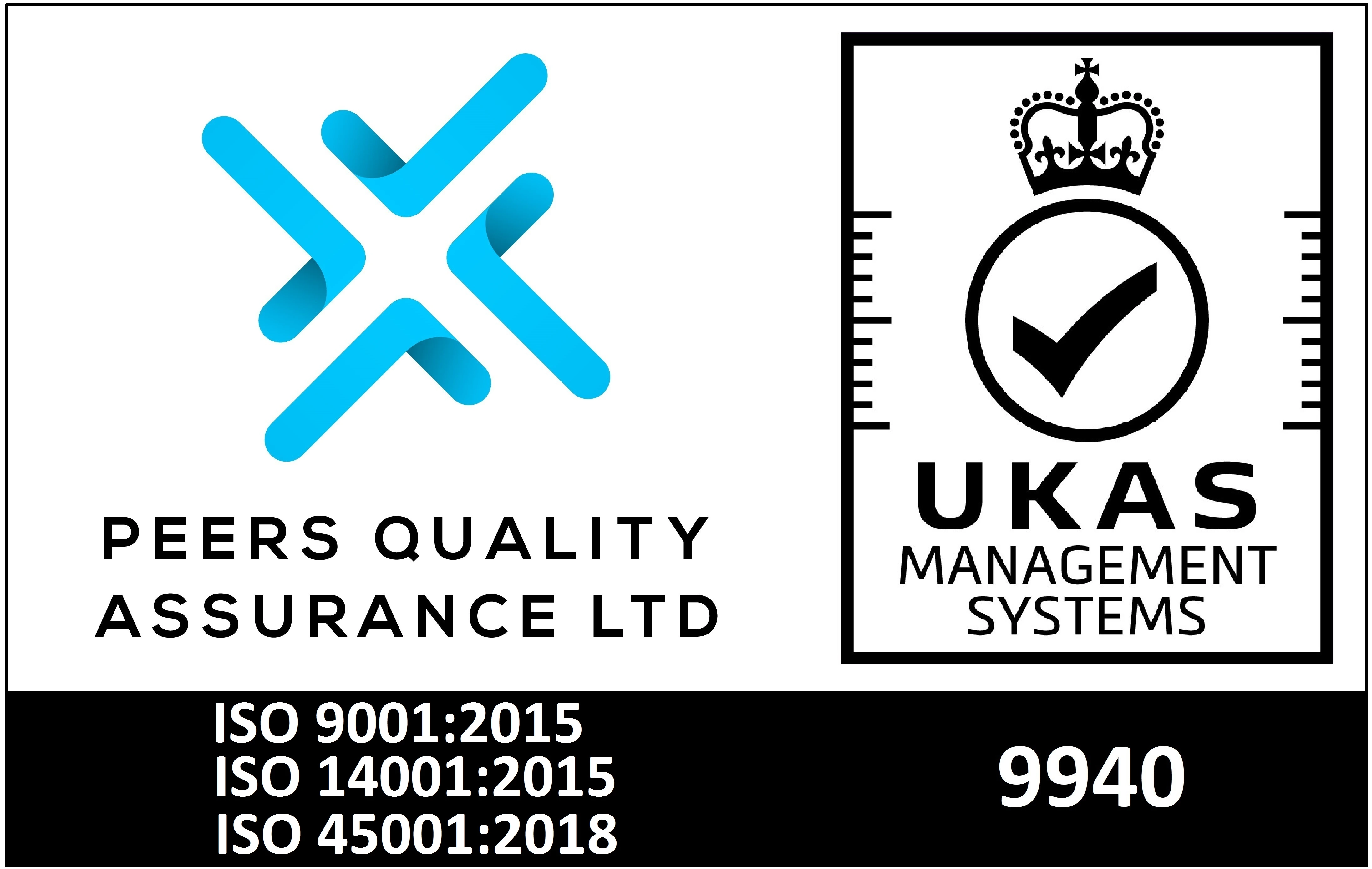Sustainability
 Sustainability
Sustainability
Lead-acid battery recycling has a critical role in reducing greenhouse gas (GHG) emissions and mitigating environmental impacts. Recycling these batteries decreases the need for raw material extraction, lowers energy consumption, and reduces harmful emissions. This report presents the environmental benefits, particularly GHG reduction, of recycling one ton of used lead-acid batteries (ULABs) using current recycling processes.
Greenhouse Gas Emission Reductions
Recycling lead-acid batteries results in significant GHG savings:
1. GHG Emission Reductions: Recycling lead-acid batteries can cut CO2 emissions by 1.65 metric tons per ton of battery recycled. This stems from reducing the need for primary lead production, which is a highly energy-intensive process.
2. Energy Savings: Recycling also saves up to 75% of the energy required for primary lead extraction. This energy efficiency translates directly into fewer emissions, as less fossil fuel is consumed.
Environmental Impact Reduction
The recycling of one ton of ULABs significantly reduces environmental pollutants:
1. Lead Pollution Mitigation: Proper recycling reduces lead emissions, which are harmful to human health and ecosystems. Pyrometallurgical processes, a common recycling method, capture lead more efficiently, preventing its release into the environment. By recycling, up to 98% of the lead in ULABs can be recovered.
2. Reduction in Sulfur Dioxide (SO2) and Particulate Emissions: Emissions of sulfur dioxide and particulate matter, often associated with primary lead production, are significantly curtailed during the recycling process. Lead-acid battery recycling reduces these pollutants by about 50% compared to virgin production.
3. Water Contamination Prevention: Hydrometallurgical methods used in some recycling processes limit the release of toxic metals into water systems. This method can reduce hazardous waste generated from recycling by 90%, greatly improving overall sustainability
By providing an effective and environmentally safe solution to battery waste, Dubatt is contributing to saving resources, preventing pollution, protecting public health, creating jobs, and supporting the circular economy. Our commitment to sustainable practices and a green future is unwavering, and we are proud to play a vital role in protecting the planet for future generations.
 Promoting Circular Economy of Batteries in the UAE
Promoting Circular Economy of Batteries in the UAE
Dubatt Battery Recycling LLC plays a pivotal role in fostering a circular economy by efficiently managing the lifecycle of used lead-acid batteries (ULABs) in the UAE. As the sole ULAB recycling facility in the country, Dubatt ensures that these batteries are not discarded as hazardous waste, but are instead processed to recover valuable materials, such as lead and plastic, which can be reintroduced into the manufacturing cycle.
Key Contributions to the Circular Economy:
1. Recycling Capacity: Dubatt has the capacity to recycle upto 38,000 metric tons of ULABs annually; which is around 50% of the battery scrap generated in the country. This significantly reduce the environmental footprint of battery waste in the UAE.
2. Lead Recovery: Our Facility can recover upto 95% of the lead bearing material in batteries and these are refined and sold as lead ingots to battery manufacturers, thereby reducing the need for virgin lead extraction and conserving natural resources.
3. Plastic Reuse: The plastic components of the batteries are separated and recycled into new battery casings or other products, promoting material reuse.
4. Environmental Impact: By diverting ULABs from landfills, Dubatt helps mitigate soil and water contamination risks associated with battery acid and heavy metals, ensuring a cleaner environment.
5. Local Supply Chain Enhancement: The facility supports local industries by providing a reliable supply of recycled materials, reducing dependency on imports and fostering local economic growth.
Through its operations, Dubatt exemplifies a sustainable, circular approach to battery lifecycle management in the UAE, ensuring that materials from end-of-life batteries are repurposed into new products, thereby minimizing waste and conserving natural resources.

